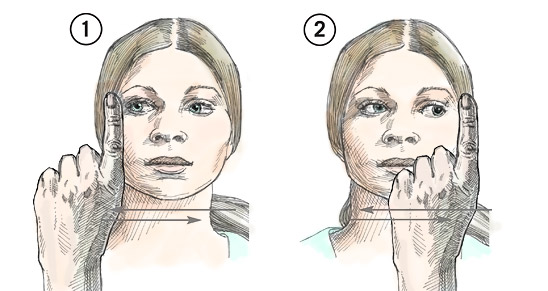Originally, EMDR was utilized and studied as a therapy for PTSD (post-traumatic stress disorder). More than 20 controlled clinical trials of EMDR therapy have now been completed and reported, which have shown its value and its usefulness with people of all ages, genders, and cultures for post-traumatic stress disorders. EMDR can be applied to many other problems, including: panic attacks, performance anxiety and enhancement, grief, stress reduction, depression, dissociative disorders, disturbing memories, addictions, phobias, pain disorders, sexual, emotional and/or physical abuse and body image disorders.
EMDR therapy is a cost-effective, evidence-based method of psychotherapy that facilitates adaptive information processing. EMDR therapy is an eight-phase treatment which comprehensively identifies and addresses experiences that have overwhelmed the brain’s natural resilience or coping capacity, and have thereby generated traumatic symptoms and/or harmful coping strategies. Through EMDR, people are able to reprocess traumatic information until it is no longer painful or causing disruption in their lives.
During EMDR, clients tend to “process” memories in a way that leads to a peaceful resolution. This often results in increased insight and the elimination of negative thoughts and beliefs about the self. For example, a rape or incest victim may come to realize that she/he was not to blame for what happened, that the event is really over, and can begin to feel safe in her/his world.
By accessing these memories in the context of a safe environment, it’s hypothesized that information processing is enhanced and new associations are created between the traumatic memory and more adaptive memories or information. These new associations result in complete information processing, new learning, elimination of emotional distress, and the development of cognitive insights about the memories.
EMDR is considered one of the power therapies in psychology today. In my experience and in the experience of my clients, EMDR has proven to be an amazingly powerful, efficient and effective way to get clients “unstuck”. Although created initially to treat trauma, different variations can be used to deal with performance enhancement for executives, writers, artists, athletes, actors and anyone dealing with an issue that keeps them from attaining optimum performance and effectiveness.
Although not every issue can be dealt with in such a short time frame, EMDR does accelerate the therapeutic process far more quickly than talk therapy alone. The difference is dramatic. Some issues in life are just too difficult to do by oneself. It takes another caring, compassionate human being to help in addressing these issues. We aren’t meant to do this work alone. I’m happy to be the person that helps you make the transition that you so long to make.
EMDR opens new windows on reality and allows people to find solutions within themselves they didn’t know existed. You are always in charge of the process with EMDR. This is so important because personal empowerment may have been compromised or lost through abuse, violation, or by critical parent’s or other significant people’s negative comments about you and your capacity and abilities.

